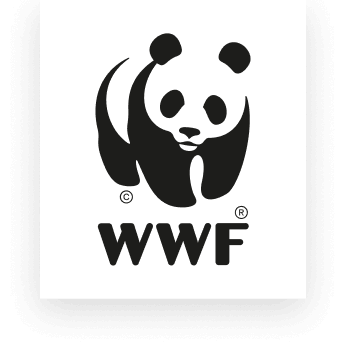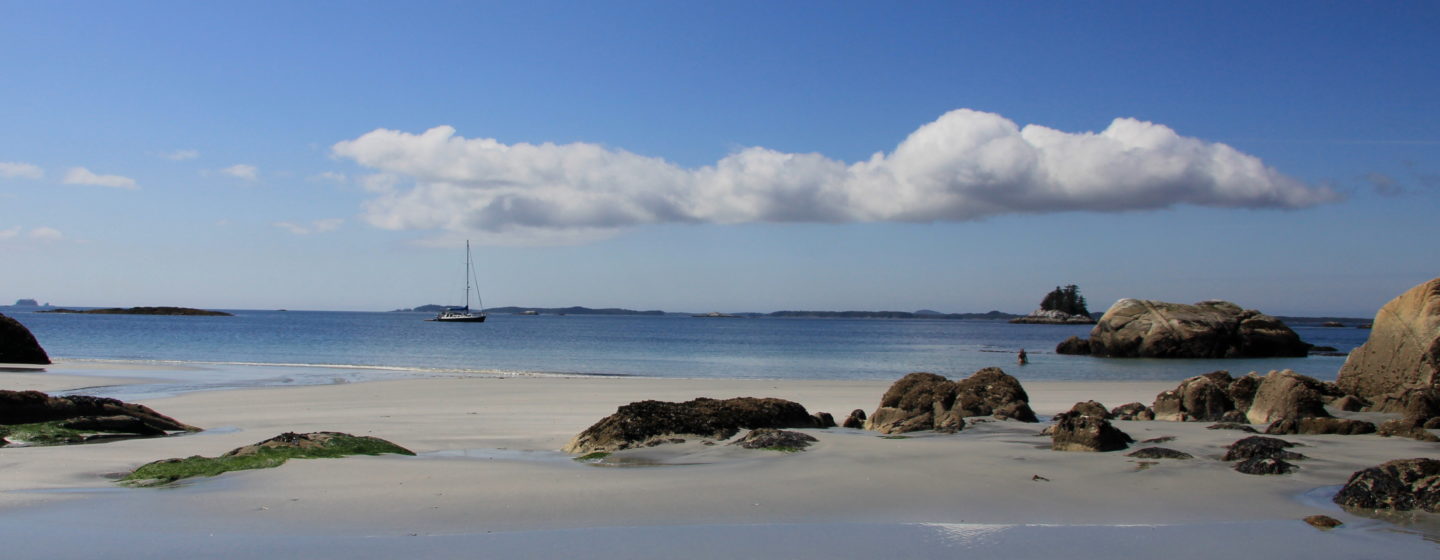October 9, 2020
Each year, thousands of people across Canada roll up their sleeves to help clean litter from the shores of our rivers and lakes, and along the longest coastline in the world with the Great Canadian Shoreline Cleanup. This program has become hugely popular for corporate groups who use it as an opportunity to team build and give back to their communities by keeping litter out of nature.
With the safety of volunteers in mind, Shoreline Cleanup asked volunteers to cancel or postpone their cleanup events in March. After a four-month hiatus, it re-launched in July with a focus on solo, household and small team cleanups to ensure physical distancing is possible.

This was welcome news for Gail Jones, a business analyst at TELUS. Over the years, Gail has been a part of 14 shoreline cleanups, both as a participant and site coordinator. Though the larger corporate team cleanups she would usually lead were cancelled due to the pandemic, Gail has continued to make a positive difference for wildlife by getting outside for solo cleanups near the Fraser River and Colony Farms Park in Vancouver.
“I have been doing cleanups in my area on my own when I see lots of garbage build up,” says Gail. And there’s a lot of catching up to do. The Great Canadian Shoreline Cleanup estimates that 84,000 kilograms of litter accumulated during the time cleanups were suspended.
Gail believes that one of the most rewarding aspects of a cleanup is knowing that she can directly prevent litter from harming wildlife. Cleaning up local shorelines is a simple step she can take toward creating healthy ecosystems where both people and nature can thrive.
Shoreline Cleanup volunteers like Gail are also citizen scientists. By leading a cleanup this year, you can help collect data on what kind of litter — and how much — has gathered on our beaches and shorelines during the pandemic. To give you a sense of how this ladders up to greater impact, litter data feeds into Shoreline Cleanup’s national database, which has been used to inform local and national legislative changes as well as international research efforts about waste in our environment.
Although cleanups look a little different this year, you can still take action and encourage your colleagues to head outside for their own solo and small team cleanups. To get started visit shorelinecleanup.ca/workplace.
Inspired by this story? Sign up for Living Planet @ Work to learn how you can start strengthening sustainability at your workplace with WWF-Canada.


